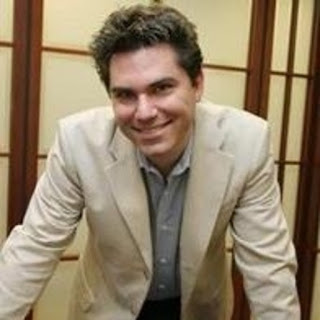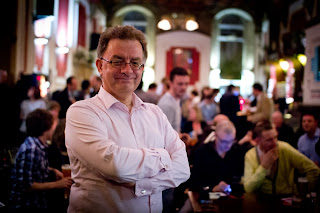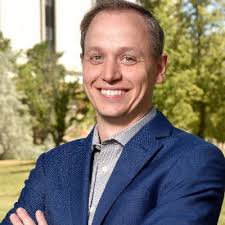Literature Review #3

“‘Sheet Happens!’ Advancing Ghost Studies in the Analytics Age” by James Houran Image of James Houran, found on ResearchGate Houran, James. “‘Sheet Happens!’ Advancing Ghost Studies in the Analytics Age.” Australian Journal of Parapsychology , vol. 17, no. 2, Dec. 2017, pp. 187–206. EBSCOhost, search.ebscohost.com/login.aspx? direct=true&db=aph&AN=127093363&site=ehost-live. (Link: https://login.proxy.libraries.rutgers.edu/login?url=https://search.ebscohost.com/login.aspx?direct=true&db=aph&AN=127093363&site=ehost-live) This paper discusses many of the issues with modern-day ghost studies, such as an over-reliance on gadgets, and proposes a possible solution in order to advance ghost studies. James Houran is a parapsychologist. He also has a Master’s Degree in Clinical Psychology from the University of Illinois at Springfield (USA...

